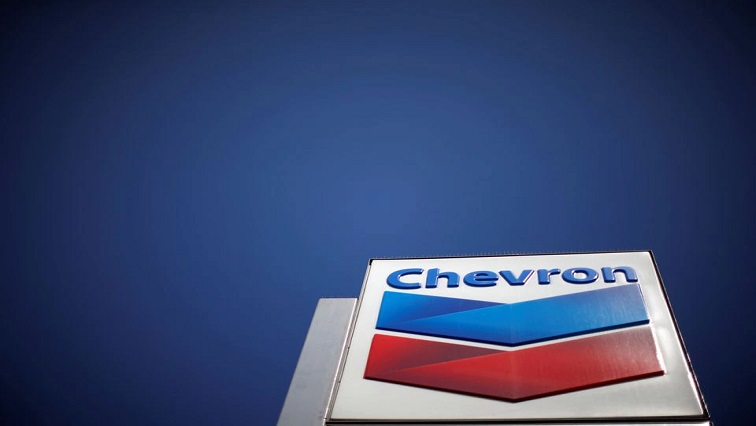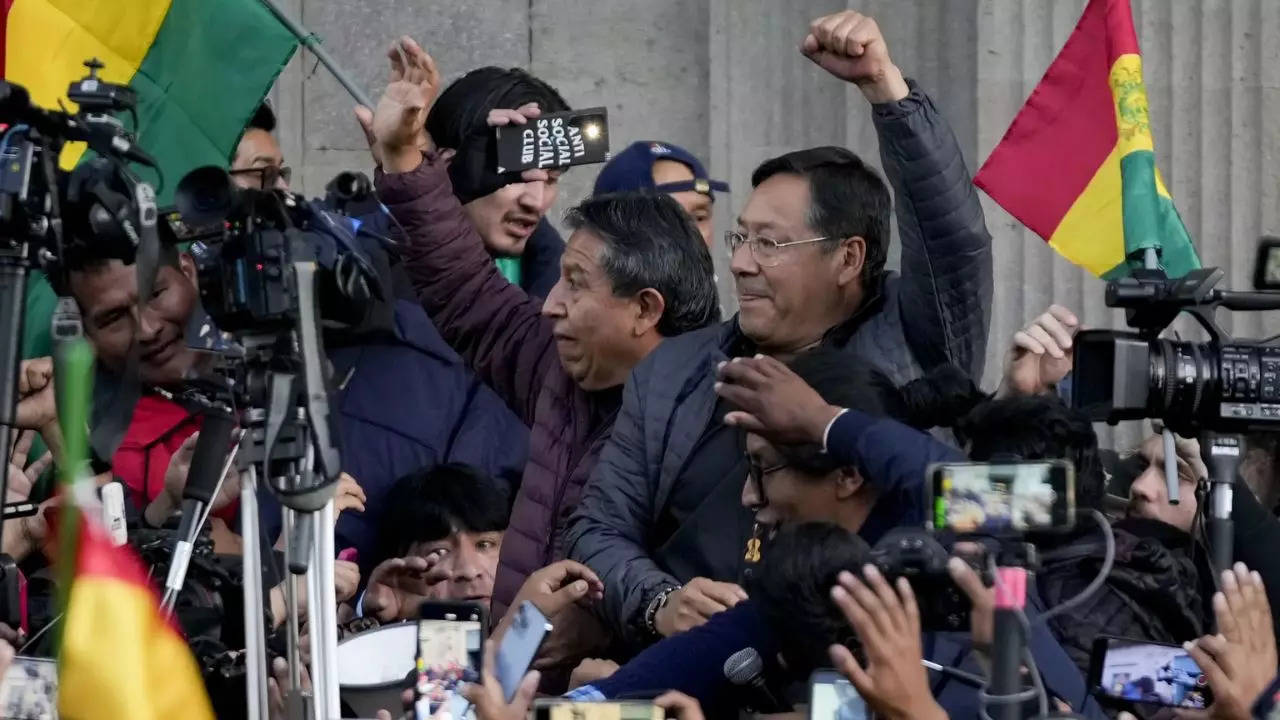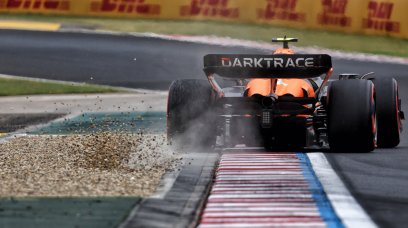Chevron Corp on Saturday received a US license allowing the second-largest US oil company to resume production in Venezuela and ship crude oil from the South American country to the US.
The decision gives expanded rights to the last major U.S. oil company still operating in U.S.-sanctioned Venezuela. However, it limits any cash payments to Venezuela, which could reduce the amount of oil available for export.
The terms of the license are designed to prevent state oil company Petróleos de Venezuela, SA, known as PDVSA ( PDVSA.UL ), from receiving revenue from Chevron oil sales, U.S. officials said. The license is valid for six months and will be automatically renewed monthly thereafter, the U.S. Treasury Department said.
Sign up for Reuters for free and get the whole story
The US permit “brings additional transparency to Venezuela’s oil sector” and allows Chevron to benefit from sales of “oil currently being produced” by its joint ventures with PDVSA, the California-based company said in a statement.
POLITICAL CONVERSATIONS
Following oil sanctions against Venezuela in 2019, Chevron was granted an exemption from trading its Venezuelan oil to pay off unpaid debts. But a year later, these privileges were suspended. Before the sanctions, Chevron PDVSA’s four joint ventures produced about 200,000 barrels of crude oil per day and exported it around the world.
The United States issued the license on the same day that Venezuela and opposition leaders began political dialogue in Mexico City, agreeing to ask the United Nations to oversee a fund that provides food, health care and infrastructure for Venezuelans.
The terms bar Chevron from helping the OPEC member develop new oil fields, but allow the company to recoup some of the billions of dollars it owes PDVSA through oil sales. It also allows the US company to import materials to refine the country’s crude oil into export grades.
The United States, which first imposed sanctions on PDVSA in 2017, has said it reserves the right to cancel or revoke the license at any time. The spokesman insisted that the permit was not in response to this year’s sharp rise in energy prices.
“This action reflects a long-standing US policy of targeted sanctions relief based on concrete steps that alleviate the suffering of the Venezuelan people and support the restoration of democracy,” the US Treasury Department said in a statement.
The United States has increased sanctions against Venezuela over the years in an effort to oust socialist President Nicolas Maduro for his 2018 re-election, which was not recognized by the West. Maduro clung to power with the help of PDVSA, Russia and Iran.
Maduro has gained new influence with the rise of leftist leaders in Latin America and a fractured opposition struggling with a lack of funds and leaders in exile or prison.
U.S. officials visited Caracas this year and held talks that led to the release of seven Americans held in Venezuelan prisons in exchange for the release of two of Maduro’s drug-related relatives.
Refineries of the United States
The permit would limit new supplies of crude oil to a market struggling to replace Russian barrels shunned by Western buyers because of the invasion of Ukraine. Chevron and other U.S. refiners could benefit from the supply of heavy crude oil from Venezuela flowing into their U.S. Gulf Coast refineries.
Analysts warn that Maduro is likely to be upset by license restrictions, including the lack of cash payments that his administration has demanded.
The permit prohibits any payment of royalties and taxes to the Venezuelan government or in-kind payments to PDVSA. It also prohibits Chevron from conducting operations with Russian-controlled companies operating in Venezuela.
The terms “will require significant reporting by Chevron on the financial operations of their joint ventures to ensure transparency,” the US official said, adding that other sanctions against Venezuela and its officials remain in place.
“There’s not a lot of incentive in the short term” for Venezuela, said Francisco Manaldi, an expert on Latin American energy policy at Rice University’s Baker Institute for Public Policy. Conditions may be relaxed over time, he added.
“We will see how the Maduro government reacts to this and how many cargoes will be handed over to Chevron after that,” Manaldi said.
Earlier this year, the United States began considering Chevron’s request for expansion with greater urgency as Washington sought oil to replace supplies hit by sanctions against Russia over its invasion of Ukraine and more recently as OPEC cut output.
Venezuela has about 300 billion barrels of oil, the largest in the world, but has been unable to meet production targets due to a lack of investment, poor maintenance, lack of supplies and US sanctions.







